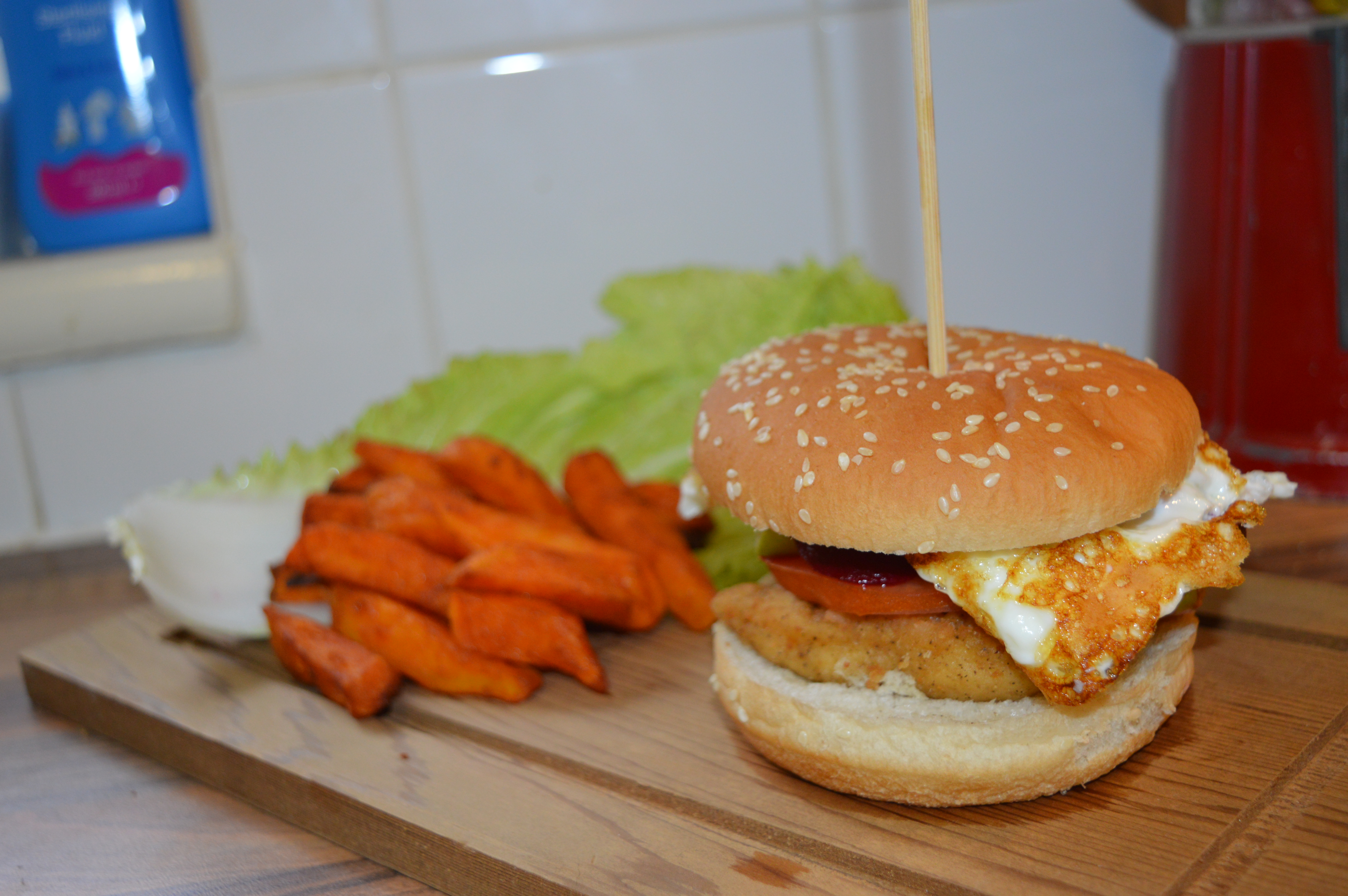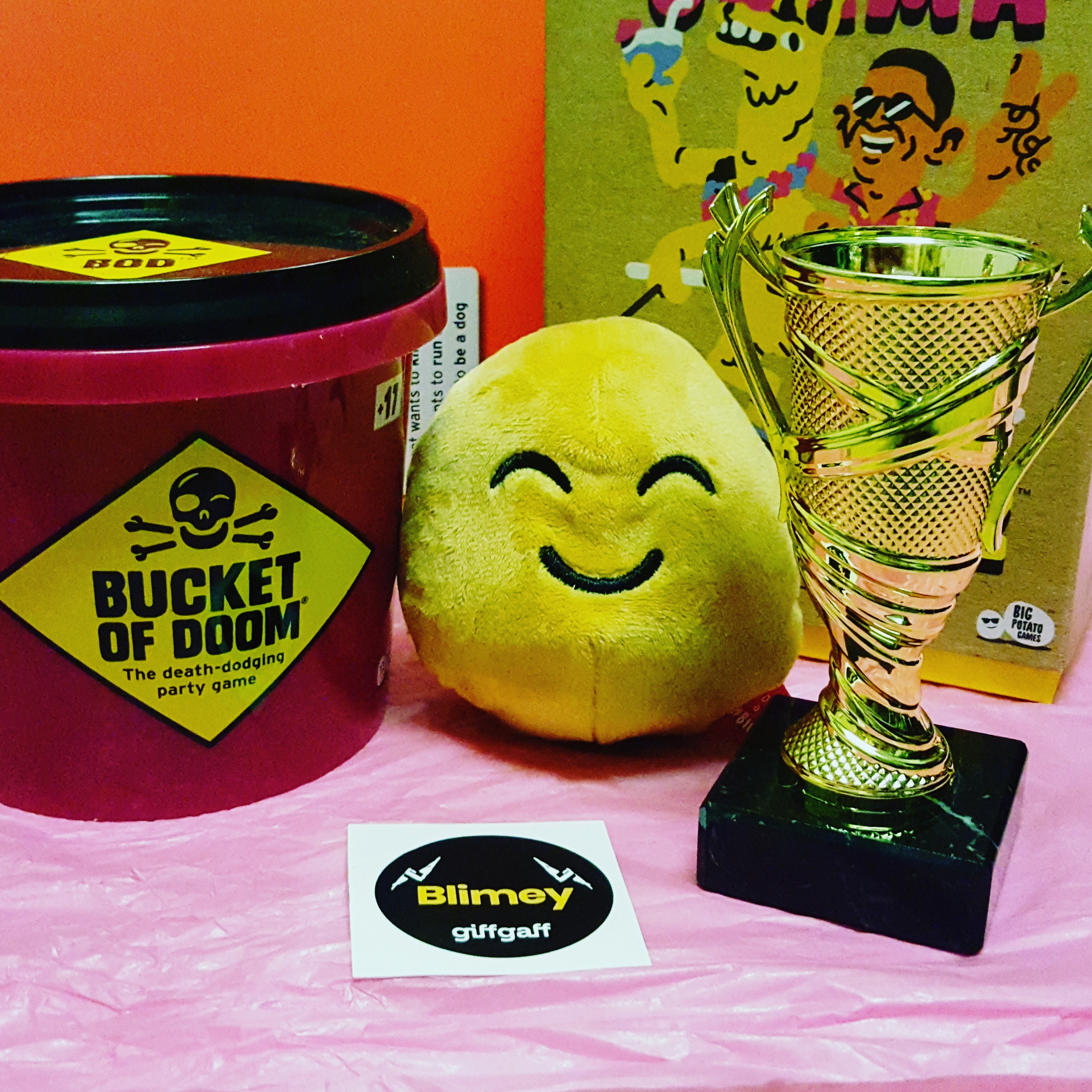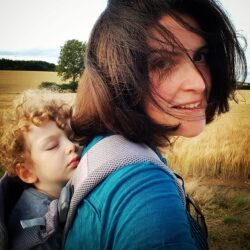Doula support after a difficult birth.
This week I talked to Sophie Brigstocke, a birth and postnatal doula based in SW London. Together with Florence Etienne-Jackson, a doula in the West Midlands, she runs Nurturing Birth, training new doulas across the UK and beyond, providing mentoring and an online directory for parents to find pregnancy/birth/postnatal/infant feeding support. I wanted to ask Sophie about her experiences supporting women after a difficult birth.
Sophie said:
It’s not a topic that I relish talking about because, as a doula, I hope that every woman will have a truly positive birth. I hope that she will feel listened to, be able to make informed choices, feel capable of identifying and asking for what she needs. But, despite spending time planning and preparing there are times when women don’t have the best experience during birth and that can bring some unique challenges.
Can you share some of your experiences supporting women who have had a tough time during birth?
There is a phrase that is often aimed at these brand new mothers which really offends me. Too many times I hear a midwife or health visitor say “At the end of the day you have a healthy baby”. But it is only ever said to a woman who has been put through the wringer, a woman who had a difficult experience bringing her baby in to the world. Perhaps she ended up with a caesarean section when she wanted a homebirth? Perhaps she needed instrumental help or an episiotomy? Perhaps she felt intolerable levels of pain and wasn’t given adequate relief when she asked for it? In one fail swoop we completely disallow the experience of the woman – we tell her that none of what she went through matters because she has a bundle of joy in her arms. And that isn’t good because it can isolate a woman, it sets her apart from her care-providers or family members and makes her feel as if she is wrong for feeling upset, inadequate, in pain, deflated or traumatised.
A difficult or traumatic birth experience can have significant effects on a new mother, and on those around her. As the baby emerges, in a positive, physiological birth, Oxytocin, that ever-important hormone of love and bonding, spikes, giving us the biggest love hit we ever experience. However, that is not likely to be the case after a difficult, overly-long and/or intervention-filled, birth. And, Oxytocin’s partner-in-crime, the Endorphins, famed for natural pain relief and feel-good feelings might also be affected.
How can doulas help women in those situations?
The first and most important thing is to acknowledge someone’s feelings, even if they make us feel uncomfortable. As a doula, that is one of the powerful ways in which to emotionally support a new mother – just to be with her as she lets it all out – not to diminish the feelings she has or try to minimize them in any way, but just to hear her. It may be that a woman or her partner need additional support to debrief a birth experience which goes beyond the doula’s remit, in which case she can signpost any number of different options for the family to explore from midwifery debriefing to professional counselors to one of the designated charities that provide telephone helplines.
The doula’s little black book of contacts is a prized possession – details for people whose skills can help to make either Mum and/or baby more comfortable and settled, from qualified feeding consultants to Cranial Osteopaths to Baby Massage groups to charities and online communities. That’s one of the reasons why we created the Nurturing Birth Directory, so that families could access different types of support in an easy way.
As a mother recovers physically from a more arduous birth experience she may be less mobile and/or in discomfort or pain. A postnatal doula can be around to help practically and physically. A new mother needs all her energy to look after her baby, so being able to hand over some of the other domestic chores can be a huge relief. Allowing someone to deal with laundry (of which there is always loads with a new baby around!), cook a few meals, pick up some necessary provisions, help with other kids etc might enable a new mum to get a bit more sleep, which is restorative and promotes healing.
How can a difficult birth affect the baby?
Sometimes a difficult birth results in an unsettled, unhappy baby who might not feed well to start with. They can either want to sleep it all off for a good 24-48 hours or not want to sleep at all! Having someone to reassure and support early days feeding is invaluable. One of my top tips for women in pregnancy is to learn how to hand express and to collect some colostrum prior to the birth. It is a technique that needs to be mastered, and is often challenging to learn soon after the birth, particularly if stress levels are high and babies are crying. If a baby is not latching at the breast then the parents have already learnt an invaluable technique and may have some precious colostrum to give the baby, which contains everything the baby needs in those first couple of days, including some natural pain relief!
A doula will know about the powerful benefits of skin to skin contact for a new mother and baby – how both mother and baby’s cortisol levels are lowered by being together, that milk production is enhanced and a baby’s systems are regulated just by having that simplest of things – bodily contact.
What message would you like people to take from this?
Ultimately a doula is able to support new parents on their journey, whatever that journey is – she can support a family as they prepare for birth, helping them to negotiate the choices with evidence-based information and come to decisions that feel right for them, based on previous experience and individual circumstances. A doula can highlight the good things, recognize and help the family identify what they need and set them on the road to confidence and self-reliance. She comes to the family without agenda or judgment and that is a lovely thing!
For more information about Sophie, Nurturing Birth and training to become a doula visit www.nurturingbirth.co.uk
To find a doula or other related service visit www.nurturingbirthdirectory.com
New year New you!
You May Also Like

Rustlers Burger Hacking Challenge – The “New Daddy” Chicken Burger!
11/02/2018
Plastic Free Tea from Brew Tea co.
16/01/2020

